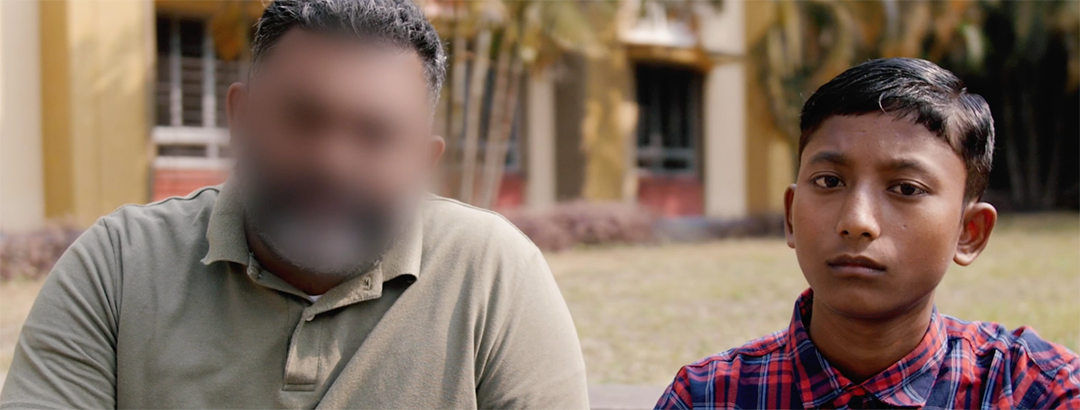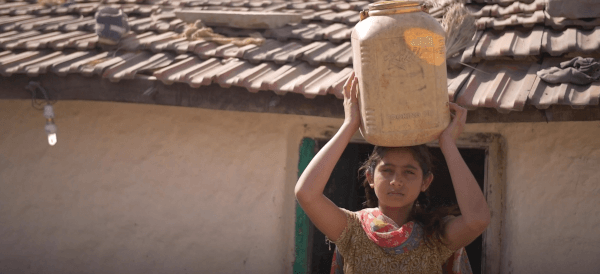Note: This is the second in a four-part series about how the coronavirus pandemic is affecting people around the globe. Read the first post here and check back regularly on our blog to read parts three and four.
A number of states across the U.S. are finally seeing the light at the end of the coronavirus tunnel. Several have witnessed a decrease in cases. Some are even lifting curfews and opening up businesses.
But the coronavirus reached Latin America later than many other regions, and many developing countries there are still in the thick of the pandemic. Countless impoverished people are still jobless. Still starving. And desperate for a bit of relief.
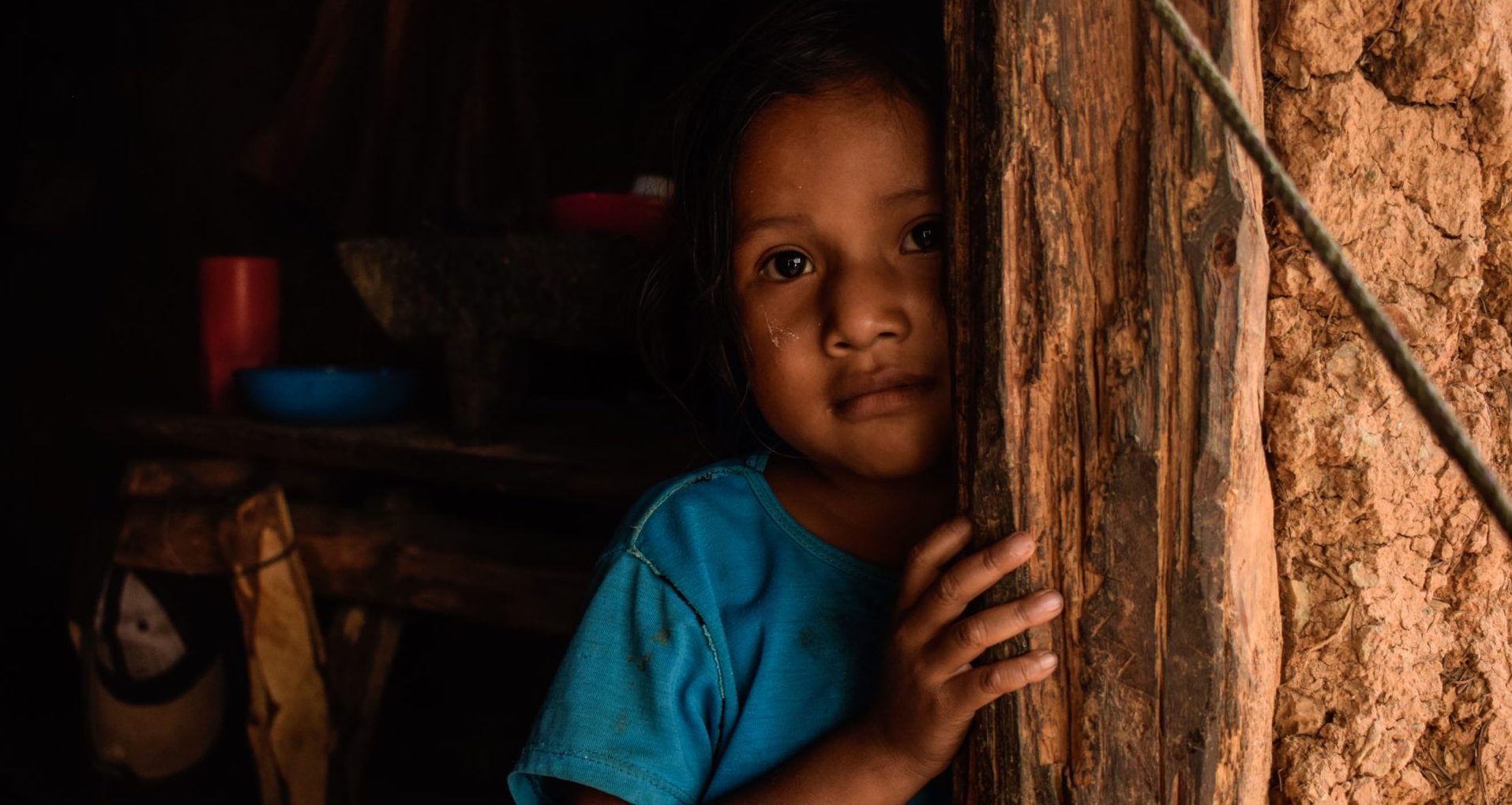
Here’s a snapshot of how the coronavirus pandemic is affecting countries across Latin America:
Brazil
3,862,311 confirmed coronavirus cases, 120,828 deaths
Considering Brazil is the largest nation in South America, it may come as no surprise that it’s also the Latin American country with has the highest number of confirmed coronavirus cases and deaths. Large cities such as São Paulo and Rio de Janeiro were epicenters of this deadly outbreak, and now the nation is seeing infections spread to smaller, more rural areas.
While many governors and mayors in Brazil have imposed stay-at-home orders, people continue to defy them, and the virus continues to spread. One contributing factor to the outbreak are the crowded living conditions in many poor Brazilian communities. Approximately 13 million Brazilians live in slums known as favelas. Many are packed three people or more to a room. These dirty, close quarters are the perfect breeding ground for the coronavirus.
“Transportation is another problem,” our partner said. “In the rural areas, there is nothing … no grocery stores, no pharmacies. So, they have to walk or take a motorcycle to the main road and then the only transportation left is [vans] packed with other people who are not wearing masks or gloves or any type of protective equipment.”
People are having to choose between going hungry or potentially exposing themselves to the coronavirus. Either choice could be deadly, which is why they urgently need food aid.
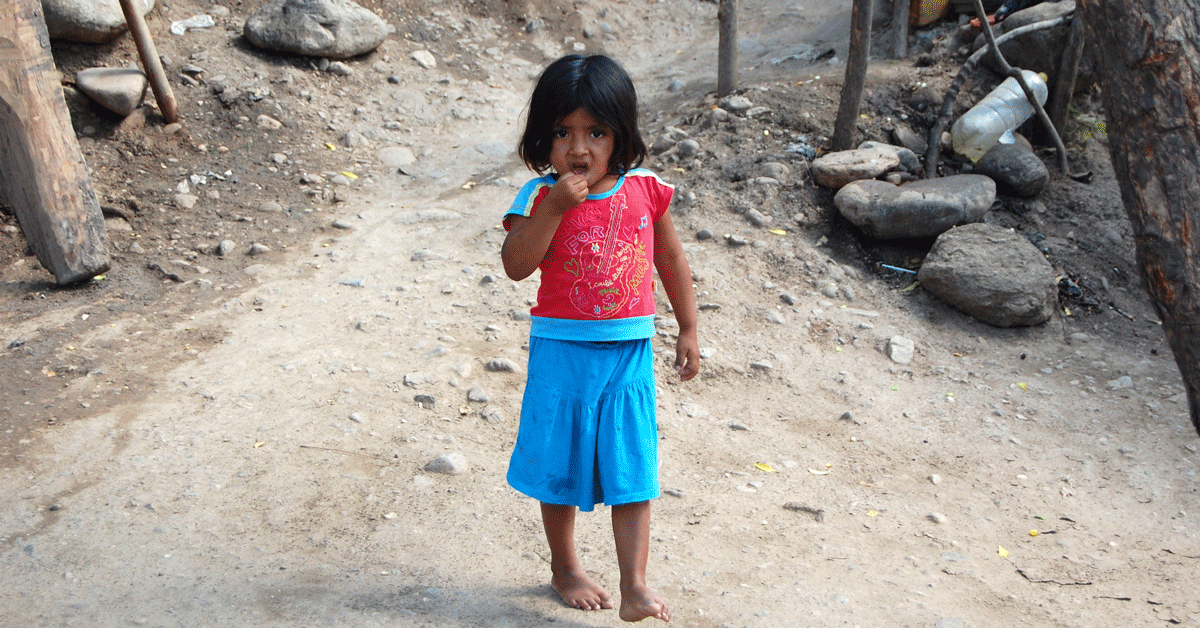
Cuba
3,973 confirmed coronavirus cases, 94 deaths
Cuba closed its borders early on in the coronavirus pandemic. Although this action was necessary for the health and safety of its citizens, it caused a break in the food supply chain to stores. Grocery store shelves are bare. And what little bit of food is found is now being sold at outrageous prices.
“Rice has always been readily available,” our Cuban partner said. “It used to cost five pesos. Now, if you can find it, the price is at least 30 pesos.” That’s over a 600 percent increase!
Meat and protein are even harder to come by. One man reported that he waited in line for two hours for a single small package of chicken thighs.
Fortunately, a shipping container filled with food was already on its way to Cuba when the pandemic began, thanks to the generosity of World Help donors. The container arrived in early April and provided much-needed relief to many Cuban families. Our partners were also able to share the Gospel with people as they passed out the food.
That food will run out quickly, though, since the demand is so high amidst this crisis. Your gift will help provide more food and other essentials to places like Cuba and beyond, answering the prayers of people struggling through this pandemic.
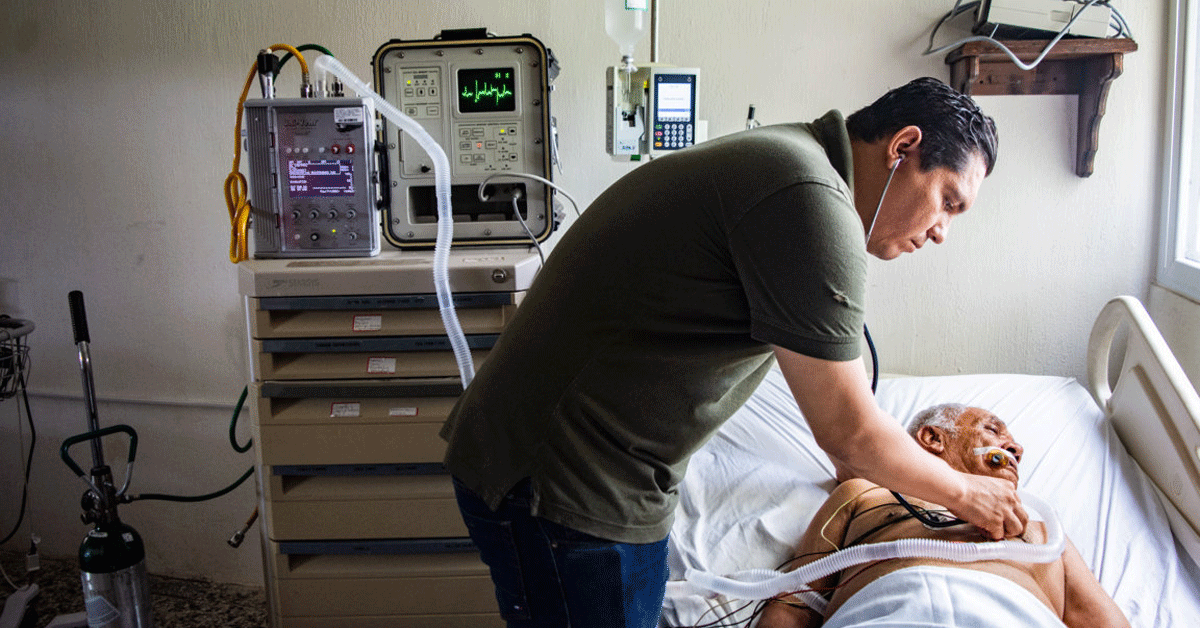
Dominican Republic
94,241 confirmed coronavirus cases, 1,681 deaths
The Dominican Republic has the highest number of confirmed coronavirus cases and deaths in the Caribbean. The pandemic has put the entire country on hold, even postponing the upcoming presidential election as the number of confirmed coronavirus cases continues to skyrocket each week.
The outbreak isn’t happening for a lack of precaution. The country has been under a strict lockdown for weeks with police enforcing a curfew from 5 p.m. to 6 a.m. every day. When people do go out, they are required to wear protective face masks.
Other than containing the outbreak, the greatest concern to people in the Dominican Republic right now is unemployment. “We are seeing more and more people lose those jobs, and many are in need of food aid,” our partner said.
They shared the story of a newlywed couple named Erik and Estefany who both had good jobs before the pandemic. They were the kind of people who would reach out and use their own money to give food to those in need. Now that they are jobless, they are the ones who are starving and in need of help … especially since Estefany is pregnant with their first child.
“They represent many others who are now beginning to feel the effects of the economic shutdown,” our partner wrote this month. “The need over the next four to six weeks will be even greater. We appreciate [your] efforts to provide food to those who are in need due to the effects of the coronavirus.”
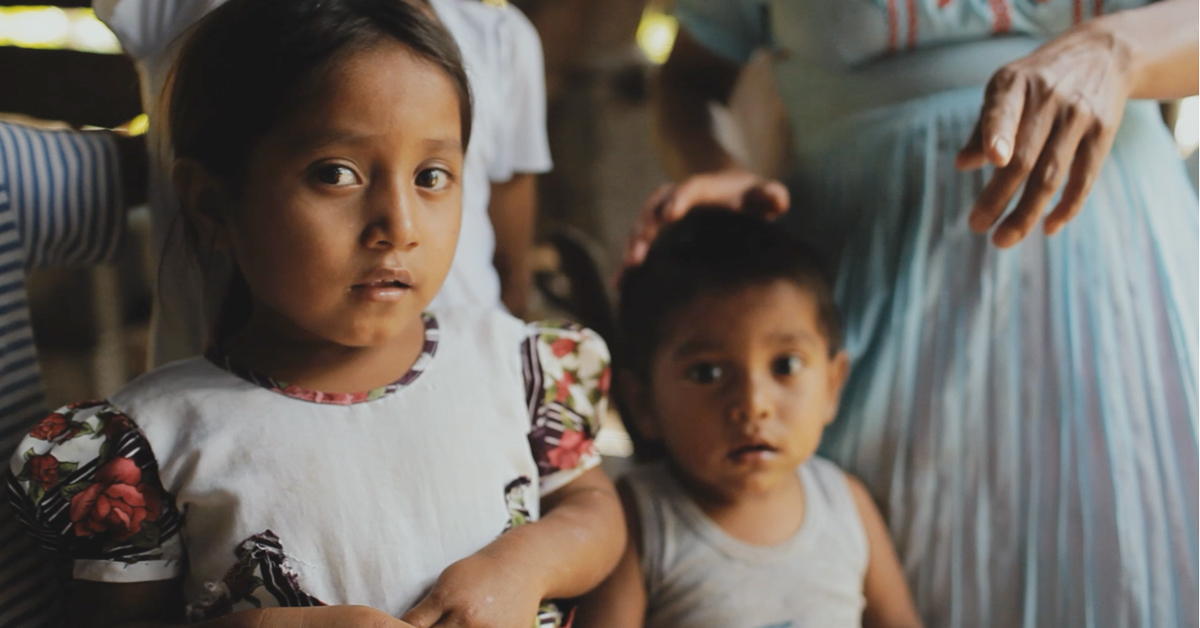
Guatemala
73,912 confirmed coronavirus cases, 2,740 deaths
Guatemala also closed its borders early to prevent a major outbreak. Such an outbreak could be detrimental since the country’s healthcare system isn’t equipped to handle a pandemic.
The government has been looking into potential plans of how they would respond to a major outbreak were one to occur, and they have even approached our partners about using their medical facility, if necessary, to quarantine and treat coronavirus patients.
“Our mission has always been saving lives,” our partner said. “We will not hide our feelings from you: We are both incredibly inspired by the opportunity … and frightened. But we cannot deny the possibility that God has been preparing us ‘for such a time as this.’”
While our partner’s medical center is one of the safest places for coronavirus patients, the staff will definitely need extra help and resources to respond to these new needs. Additionally, there are now many people throughout Guatemala who are no longer able to work because of the pandemic. The poor are becoming poorer … and in many cases, they are starving and need food.
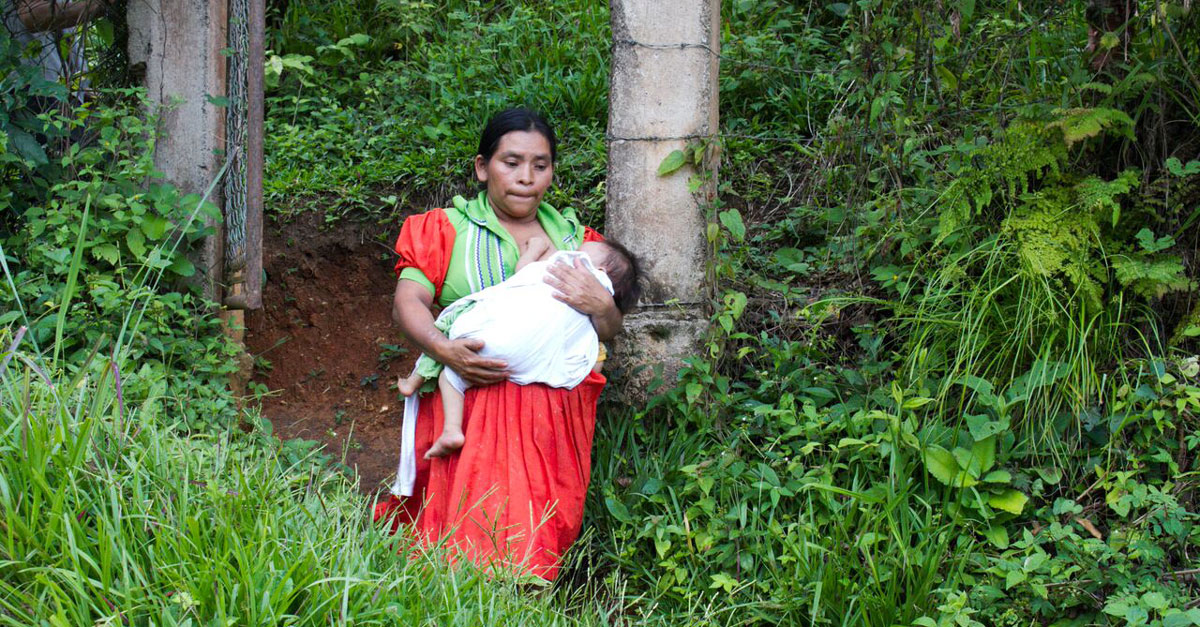
Haiti
8,224 confirmed coronavirus cases, 201 deaths
Haiti is the poorest country in the Western Hemisphere, and approximately 80 percent of the population lives in poverty. The coronavirus has only added more strain to this impoverished nation.
This country has been desperately trying to get back up on its feet since the devastating earthquake that struck in 2010. Then, in 2016, Hurricane Matthew wiped away much of the progress the struggling nation had made. Last year, businesses closed for weeks at a time during a period of political unrest, throwing the economy into turmoil. Now, the coronavirus means it will take the country even longer to recover.
President Jovenel Moïse announced on April 20 that he was extending the state of emergency and coronavirus lockdowns for another 30 days. This means most people will be out of work until at least the end of May. These impoverished people rely on their daily wages to support their families. Without any income, they won’t be able to eat.
Even if families could afford to buy food, there is very little available to them. Haiti imports much of its food supply from the Dominican Republic, but the border between the two nations has been closed. “Our children and staff are living on a limited diet of dried goods such as rice and beans, as finding enough produce and meat is very difficult,” our partner in Haiti said.
In addition to food, Haiti needs hygiene kits to prevent further spread of the disease. With only 65 ventilators in a country of 11 million people, Haiti isn’t equipped to handle a large-scale outbreak, and it could cost thousands of lives if the virus isn’t contained.
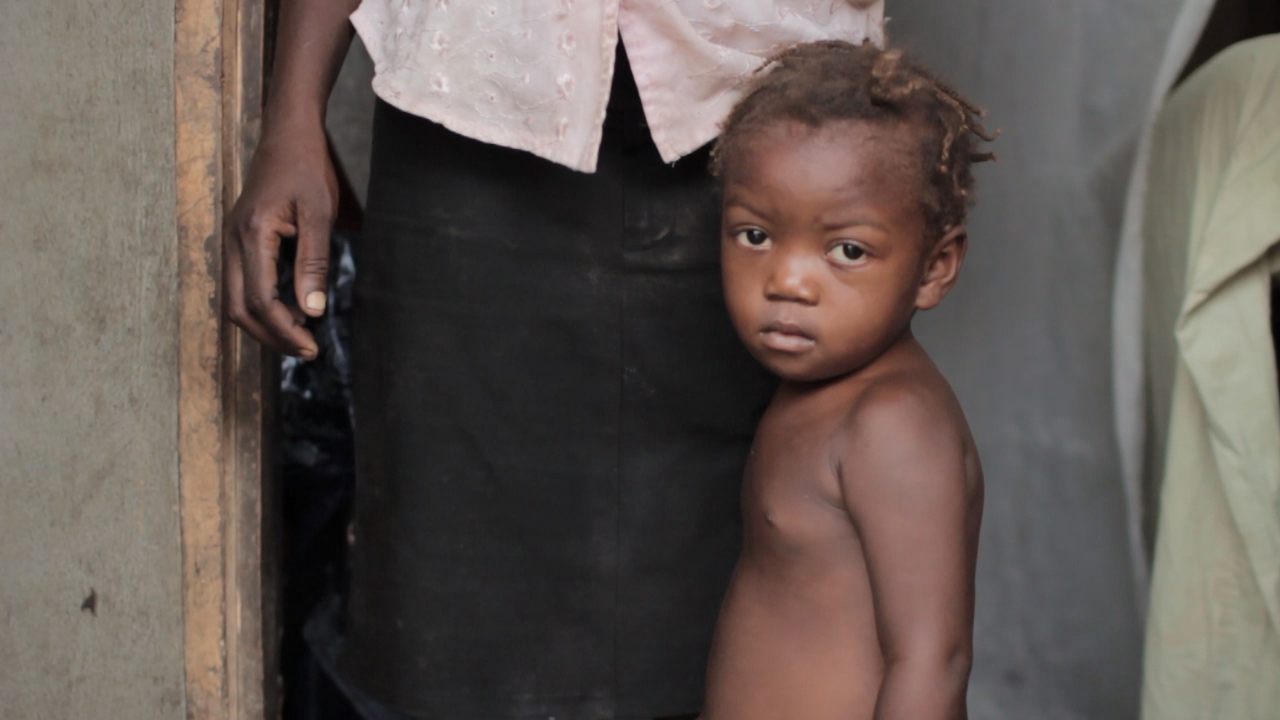
Honduras
60,174 confirmed coronavirus cases, 1,858 deaths
Honduras is under a nationwide, 24/7 curfew until at least May 17. This curfew is being strictly enforced by police, and people caught breaking it could face jail time in some cases. However, many people are defying the lockdown out of desperation and starvation.
Even before the coronavirus pandemic, many Honduran families were living on less than $1 a day, and the poorest of the poor resorted to rummaging through garbage dumps to survive. They searched for food or recyclables to sell for a small profit.
That’s what the Flores family does for a living. This family of nine shares one small house, and they spend their days sifting through the trash. Recently, two of the girls were confronted by military police for entering the dump during the lockdown. The police released them, but the family didn’t eat that day.
“The dump has always been a very dangerous place where diseases run rampant,” our partner said. “But now we have families sorting through medical waste with bare hands while trying to avoid the military and police patrols just to find something to eat. Our families are going hungry with no end in sight.”
Until the lockdown ends, people are only allowed out of their homes once every two weeks to buy food and medicine. But since businesses are closed and no one is working, these people can’t afford to buy anything on those bi-weekly trips.
That’s why gifts from people like you are so important. Your gifts help provide lifesaving essentials like nutritious food for families who would starve without it.
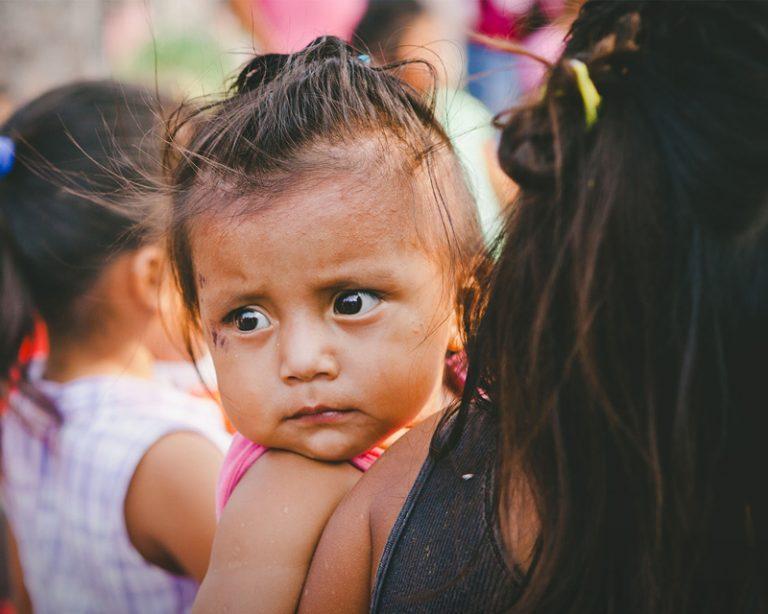
As you make your way back to a normal routine, please remember the people in Latin America. The coronavirus is just now beginning to impact these families’ lives. Many were already living in poverty … and the coronavirus has only made things worse.
By giving emergency coronavirus relief, you’ll help provide essentials like nutritious food, clean drinking water, medical care, hygiene items, and so much more. Your gift could be the difference between life or death.
Not only will you provide lifesaving aid, but your doubled gift will also help erase World Help’s budget shortfall left behind by canceled fundraising events. These were funds needed to continue serving the physical and spiritual needs of impoverished people around the world. And your gift will help make sure they continue to be helped!
Plus, your donation will automatically double thanks to a matching gift from World Help Board members. They have committed to match your donation dollar-for-dollar up to $235,000. That means your gift will impact TWICE as many people!
You may have the luxury of going back to the office soon, but there’s a family in Latin America who is still starving. Still thirsty. Still living in filth and in danger of catching this disease.
If you can, please give today to provide physical help and spiritual hope before it’s too late.
Recent stories on our blog
People are dying in North Korea, but not from what you may think
As we return to some semblance of normalcy in the United States after . . .
Bishal might not have survived without help
The last couple of years have been hard for everyone, but Bishal . . .
Despite South Asia’s uphill battle against the pandemic, there is good news
Earlier this year, World Help’s president sat down to talk with one . . .





